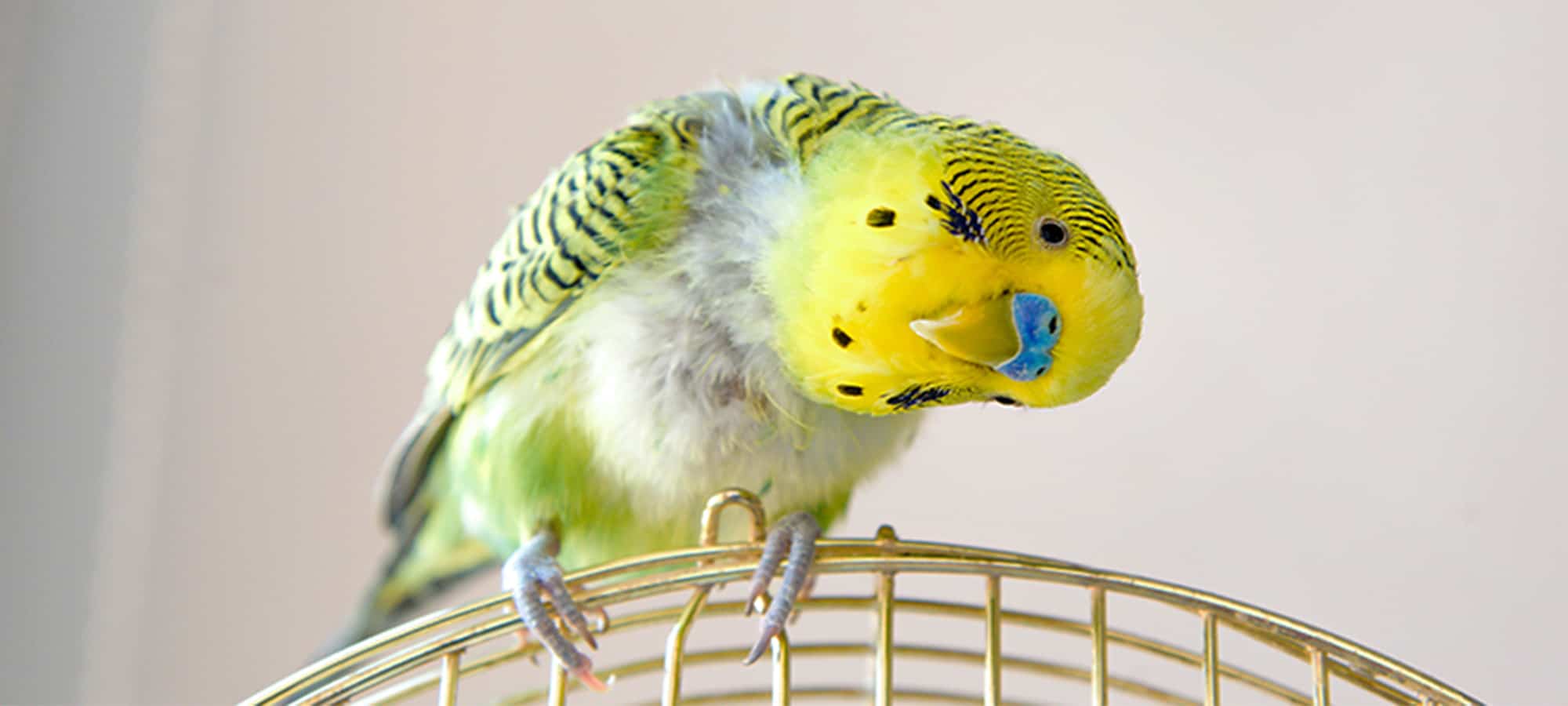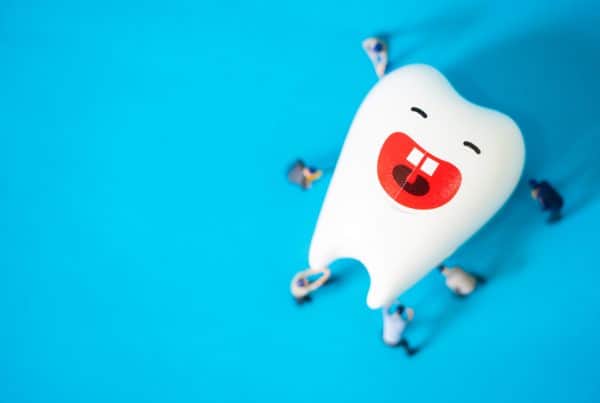Feather plucking in birds is a reasonably common medical complaint that is fielded by veterinarians. Besides making them look pretty rough, many birds appear to be in significant discomfort when they self-traumatise. There may be as many as thirty different causes of feather plucking in birds. Broadly speaking, we divide our causes into two main categories, these being medical and behavioural.
Medical vs Behavioural Causes
Medical Causes
Some medical causes of feather plucking can include skin parasites, poor diet, and skin infections. Your veterinarian will likely recommend testing or treatment trials to differentiate between these problems. We recommend a good quality pelleted diet such as the Vetafarm range. Additionally, we recommend treating your birds for parasites with an effective registered product.
Behavioural Causes
Behavioural causes of feather plucking are very common in birds. It’s called ‘psychogenic’ feather plucking. In this instance, the feather plucking is a self-trauma due to anxiety and frustration. It is the ‘bird version’ of the neurotic pacing you see in some captive zoo animals. Some species of birds, such as Cockatoos or African Grey Parrots, can have very high IQs that easily surpass those of dogs or cats.
In the wild, these birds fly over long ranges in the fresh air and sunshine, engage in complex social behaviours, develop a lifetime pair-bond with their partner, sleep for ten to twelve hours a day, build nests, and continually forage for food. We take these animals that are genetically wired for the above behaviours and put them in a small, occasionally dirty cage, often completely alone. It’s no wonder that they can find this a very distressing situation to be in. So our best treatments are to provide an environment that gives them enough stimulation, social interaction and rest, that it satisfies their natural instincts.
Treatments may include:
Fresh air and plenty of natural light
Try getting as large a cage or aviary as you possibly can. This even goes for Canaries and Cockatiels. If they are in a cage, make sure it’s put in an area where they can feel the breeze and watch the outdoors, but be sure that larger predator birds and cats cannot get them.
Increased socialization
Most birds pair-bond for life, build a nest, and raise chicks. If there are no other birds around, they may instead bond strongly to their human. This can result in them getting anxious if their human leaves the house, or getting defensive and aggressive if someone, such as the human’s partner, approaches their human. Once formed these bonds can be challenging to break.
If you have a lone bird, you can consider testing to determine their gender and then getting a mate for them. The gender testing may require a feather DNA test, as appearance often isn’t enough to differentiate gender alone. Some patients have good success with this, however sometimes they refuse to re-bond to another bird. Sometimes they’ll stay bonded with their human instead.
If your bird doesn’t pair-bond with another bird, then separation can be extremely stressful. If your lifestyle allows, try to maintain as much contact as you can with your bird.
Reduced boredom
Many wild parrots will forage for around six hours per day to find food. This helps to keep them stimulated and engaged. A good way to mimic this behavior is to hide their food in bird puzzle toys. Alternatively, you can hide food in crumpled paper cups, tied up coffee filters, and PCV pipes in gradually increasing complexity. If there is enough space, a large tree with food hidden in multiple spaces/PVC pipes also can provide good foraging stimulus.
Another great way to stave off boredom is to spend time training your bird. There are many YouTube videos of people demonstrating how to train your bird to talk, do tricks, or even solve very complex puzzles. Try teaching these tricks, and you’ll have a happy, stimulated bird. You might even have the next internet star!
Get plenty of sleep
Most birds in the wild will sleep for ten to twelve hours per day. This is in stark contrast to us, who are well adapted to strong artificial light in the evening. Make sure they are in a dark, quiet place for 12 hours per day in order for them to experience a prolonged, restful sleep.
Bathing
Some tropical birds are used to experiencing daily light rain showers, and can start to feel dirty with prolonged dry periods. Try gently spraying them with a spray bottle to help them bathe and feel clean.
Omega-3 fatty acids
Diets high in flax seed, which provide omega 3 fatty acids, may help to reduce feather plucking in some birds.
See the vet
Sometimes, it can be very difficult to provide what nature does for your bird. Some birds need to be placed on medication to reduce anxiety-related self-harm. As always, environmental management is a pillar of psychogenic feather plucking in birds. If your bird has psychogenic feather plucking unresponsive to thorough environmental management, speak to your vet about what medications may improve their well-being.
Visit the Cairns Veterinary Clinic’s website here.





